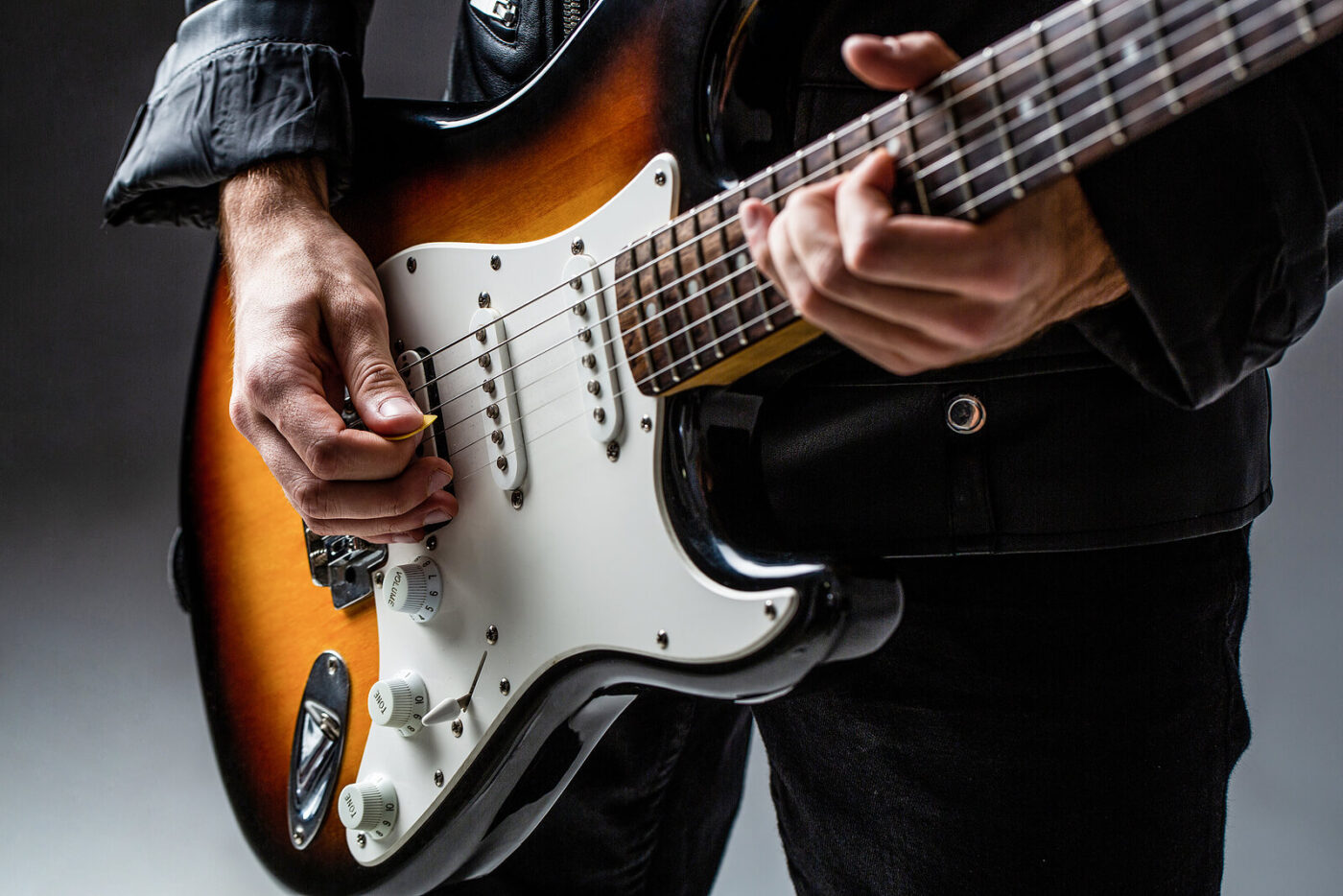Noise-induced hearing loss (NIHL) is a common yet preventable condition affecting many individuals worldwide. The main cause is exposure to loud sounds, which can damage the structures of the inner ear. By understanding how this form of hearing loss happens, we can take steps to protect our hearing in the future.
What Is Noise-Induced Hearing Loss?
Noise-induced hearing loss occurs when loud sounds damage the hair cells in the inner ear. Unlike other cells in our body, these hair cells do not regenerate. Once they are damaged, the result is permanent hearing loss. This type of hearing loss can affect one or both ears and can happen suddenly or gradually over time.
Common Causes of NIHL
Several factors contribute to noise-induced hearing loss, including:
- Loud Music: Attending concerts, listening to loud music through headphones, or playing musical instruments at high volumes can lead to hearing loss.
- Workplace Noise: Occupations involving loud machinery, such as construction, manufacturing, or aviation, can put workers at risk.
- Recreational Activities: Using power tools, going to shooting ranges, or riding motorcycles without proper hearing protection can cause hearing damage.
- Environmental Noise: Exposure to loud noises from traffic, sirens, or heavy equipment in your surroundings can also be harmful.
Symptoms of Noise-Induced Hearing Loss
Recognizing the symptoms of noise-induced hearing loss is vital for seeking early intervention. Key signs include:
- Difficulty understanding conversations, especially in noisy environments.
- Needing to turn up the volume on electronic devices.
- Perceiving muffled or distorted sounds.
- Experiencing ringing, buzzing, or hissing sounds in the ears (tinnitus).
If you notice any of these symptoms, it’s essential to consult a hearing health professional for evaluation and guidance.
Preventing NIHL
Fortunately, noise-induced hearing loss is largely preventable. Here are some effective strategies to protect your hearing:
Use Hearing Protection
Wearing earplugs or earmuffs in noisy environments can significantly reduce the risk of hearing loss. Custom-fit earplugs are available for those who need frequent protection, ensuring a comfortable and effective fit.
Lower the Volume
Whether you’re listening to music, watching TV, or using headphones, keeping the volume at a safe level is essential. The 60/60 rule is a good guideline: listen at no more than 60% of the maximum volume for no longer than 60 minutes at a time.
Be Mindful of Your Environment
Pay attention to noise levels in your surroundings. If you find yourself shouting to be heard over background noise, it’s likely too loud. Seek quieter environments when possible and give your ears time to rest after exposure to loud sounds.
Regular Hearing Checkups
Routine hearing exams can help detect changes in your hearing early. If you work in a noisy environment or engage in activities with frequent loud noise exposure, regular check-ups are essential for maintaining good hearing health.
Treating Noise-Induced Hearing Loss
While noise-induced hearing loss is permanent, several treatments can help manage the condition and improve the quality of life. Some of these include:
Hearing Aids
Hearing aids can amplify sounds, making it easier for those with hearing loss to understand speech and engage in daily activities. A hearing specialist can recommend the best type and fit for your needs.
Assistive Listening Devices
Devices like amplified telephones, TV listening systems, and personal amplifiers can help individuals with hearing loss hear better in specific situations.
Tinnitus Management
For those experiencing tinnitus, treatments such as sound therapy, relaxation techniques, and counseling can provide relief and improve overall well-being.
The Importance of Awareness
Raising awareness about noise-induced hearing loss is vital for prevention. Educating ourselves and others about the dangers of loud noise and the importance of hearing protection can make a significant difference. Simple changes in our habits can protect our hearing and reduce the impact of this preventable condition.
In conclusion, noise-induced hearing loss is a serious yet avoidable problem. By understanding the causes, symptoms, and preventive measures, we can take proactive steps to safeguard our hearing. Remember, protecting your hearing today ensures you’ll continue to enjoy the sounds of tomorrow.

